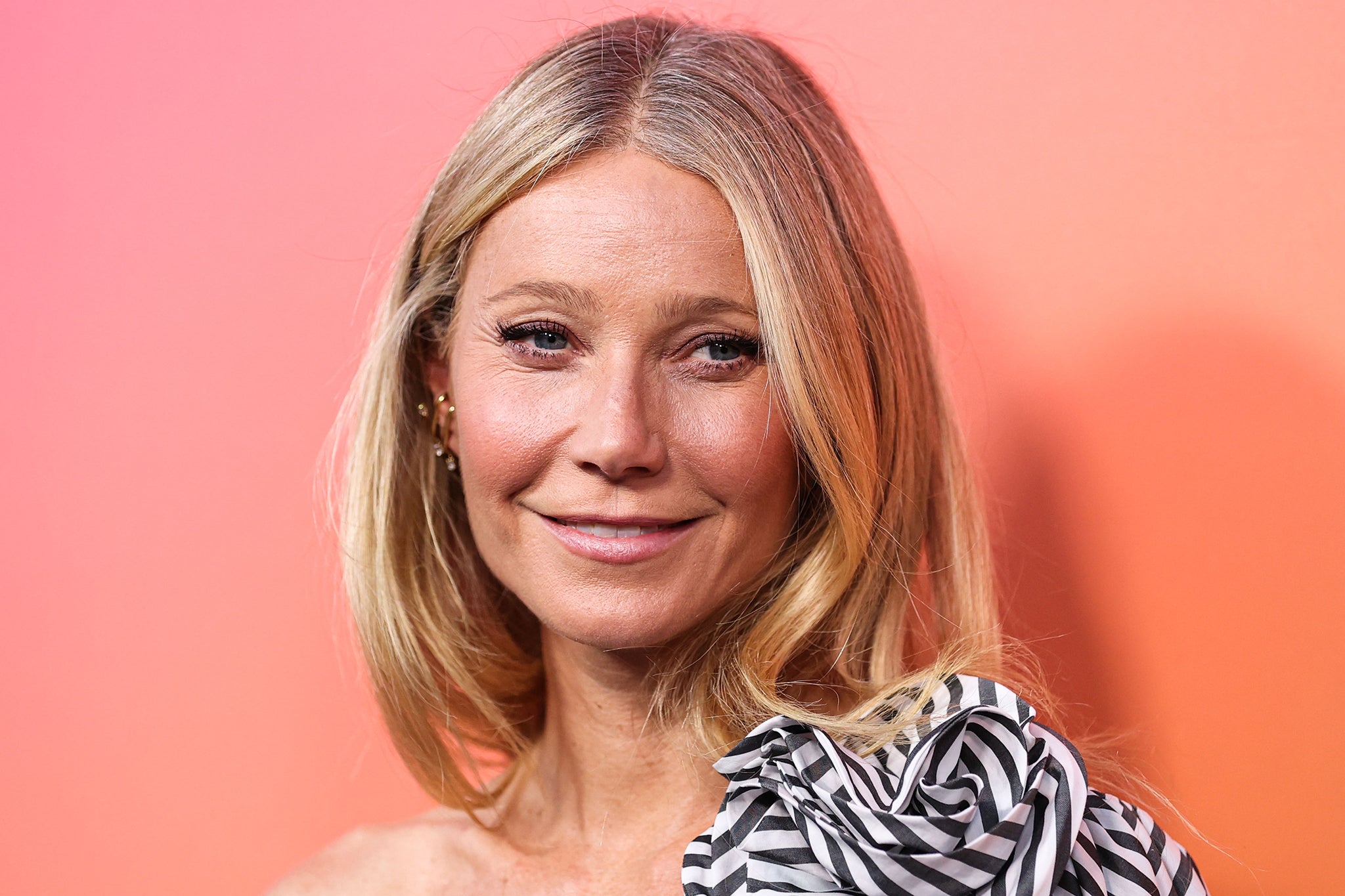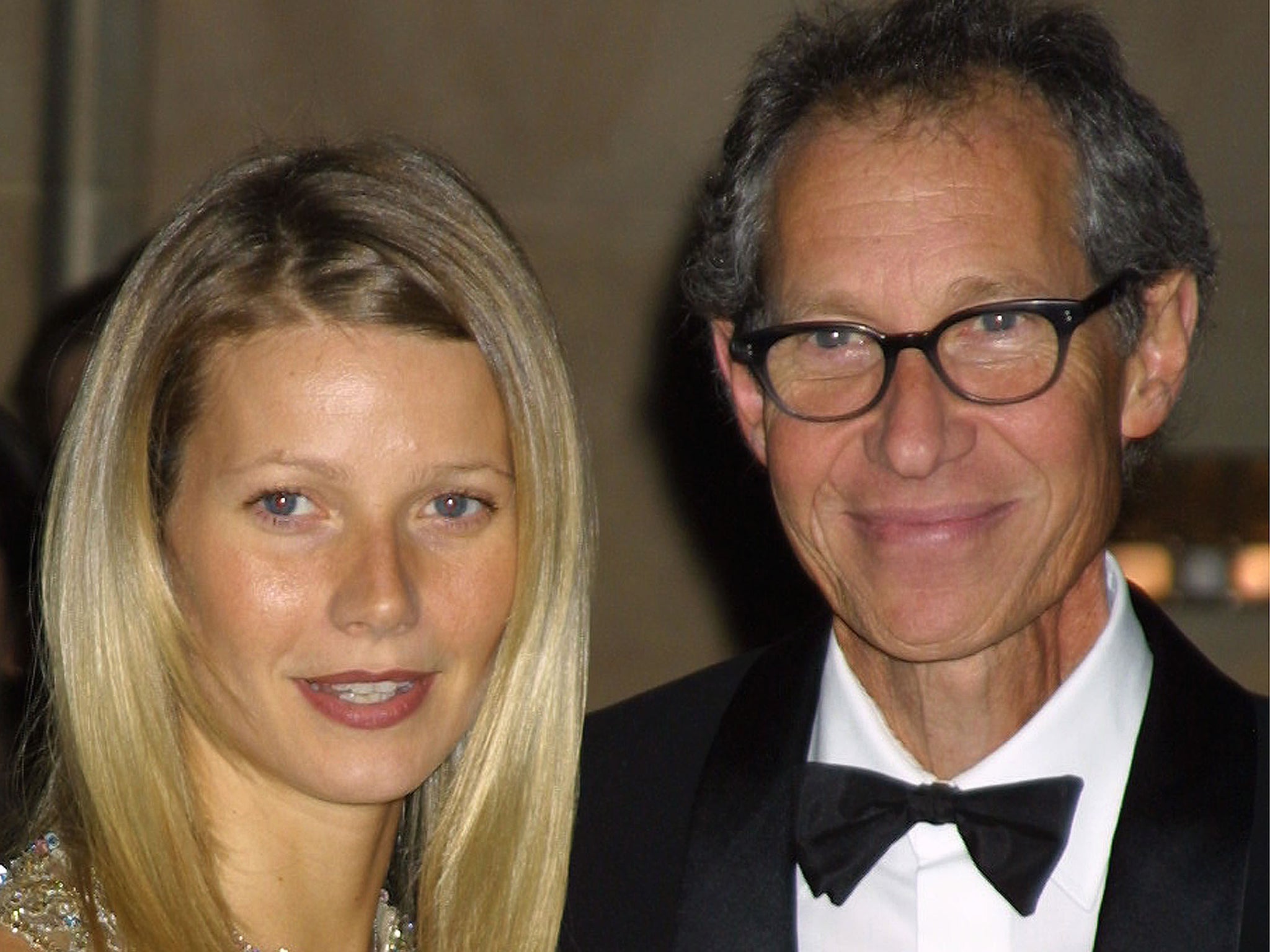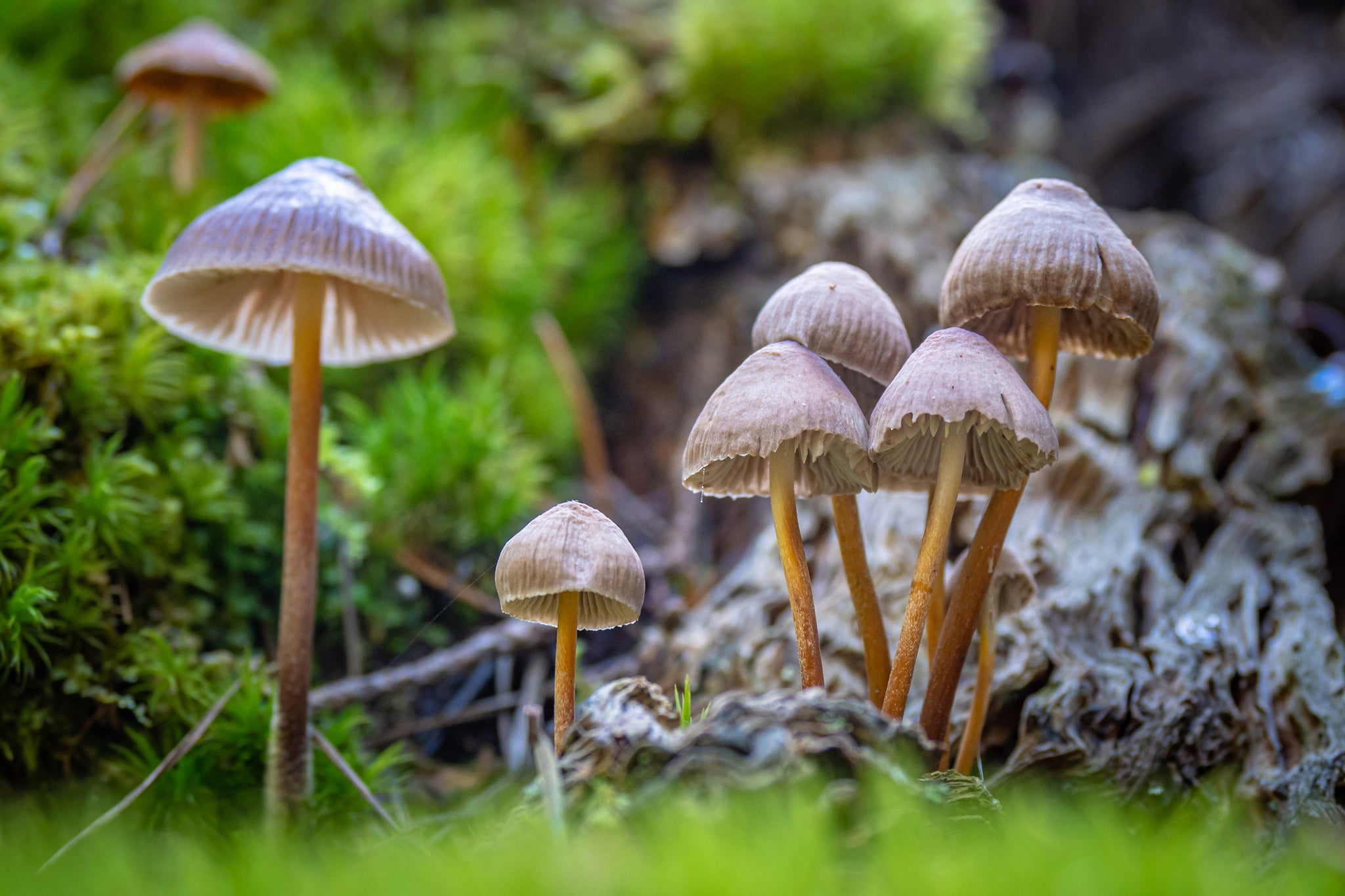Eyes-open meditation, ‘slugging’ and ‘goblin days’: The science behind Gwyneth’s five midlife health rules
In her fifties, Paltrow is as known for her overpriced, wacky wellness products as she is for her screen roles. But, says Maria Lally, when it comes to her health routines, they’re not as loopy as they may first look (and they’re far less pricey than you may think)...


Gwyneth Paltrow is the woman who turned a weekly newsletter called Goop, which originally offered recipes for butternut muffins and turkey ragu, into a £200m wellness empire.
One that, it could be argued, has influenced those who have come after her, such as Kate Moss with Cosmoss, and now Meghan, Duchess of Sussex, with her new homeware and self-care brand American Riviera Orchard.
Last weekend, the 51-year-old revealed some of her golden rules for her post-50 glow.
But for a woman who has previously brought us rose quartz vaginal eggs and once spoke of letting herself be stung by bees to reduce inflammation (“It’s a thousands of years old treatment called apitherapy,” she explained), this latest insight into what she does personally to look and feel better is remarkably relatable.
Not that she cares what others think. Like many others who reach their half-century, she has developed a “take me or leave me” approach to life, with a true know-thyself spirit. “I’ve turned 50... I think if your intentions are good and you’re 50 years old, you really don’t care what anybody has to say.” Which is some sound post-50 health advice in itself. Here’s what else...
Schedule ‘goblin days’
The Oxford English Dictionary named “goblin mode” 2022’s word of the year, and according to the dictionary’s publishers, it refers to “a type of behaviour which is unapologetically self-indulgent, lazy, slovenly, or greedy, typically in a way that rejects social norms or expectations”.
Not terms you usually associate with Paltrow. However, she explains: “I really love to sleep and lie around. I love on a Sunday to not do anything, watch rubbish TV, and not make dinner, and order in food. I really need one slovenly day.”
Her “goblin” shows of choice include Love Is Blind and other reality shows, something she said she had never watched until Covid. “I had just never done it. Now it’s a slippery slope.”
But these “lazy” days can be a crucial act of self-care, too, according to psychologist Dr Linda Papadopoulos.

“It’s important for our health to have those ‘do-nothing’ moments, whether it's a whole day or an hour before the children come home from school, where you sit, lounge, or just be,” she says. “We’ve become so used to being busy and switched on, we’ve lost the ability to just do nothing. But we know this is very restorative for your brain.”
And don’t feel guilty about it, she says: “There is always another job to do, but we’re not designed to jump from one task to the next – we need to rest and rejuvenate in between.”
It’s also known as Niksen, which is the Dutch art of “doing nothing” or stopping and allowing your thoughts to wander without obligation.
In February, David Lloyd introduced Niksen classes at selective health clubs, after their research found that 41 per cent of their members would rather have a free weekend doing nothing than one filled with plans, while 60 per cent of members couldn’t remember the last time they had switched off and done nothing.
Go with the flow: indulge a shifting identity
Paltrow says the idea for Goop came to her following the death of her father, the director Bruce Paltrow. He was diagnosed with oral cancer in 1999, when Paltrow was 27 and a self-confessed “Camel Lights and Diet Coke kind of girl”.
Her father died in 2002, aged 58. During his treatment, Paltrow began to question the foods going into his feeding tube, including a can of food that she says contained “the longest list of chemicals, different things I couldn’t pronounce”.
This moment, she says, “put me down this whole crazy path of examining everything from nutrition, environmental toxins, gut health, all this stuff that nobody was really thinking about”.
We’ve become so used to being busy and switched on, we’ve lost the ability to just do nothing. But we know this is very restorative for your brain
Paltrow says losing her father changed the way she treated her body, and in 2008 she slowly withdrew from acting and launched Goop.
“As a woman, I think we have these very distinct chapters,” she said, adding that these shifts in identity – be it losing a parent, seeing your child off to university (as she will do this year when her youngest son Moses leaves home for college), or a career pivot – can give you “a whole new lexicon of feelings”. The key, she says, is to try and find “the silver linings”.
“The death of a parent, a midlife career change, your child growing up and moving on – they can all create a shift in our identity,” says Papadopoulos. “There are natural beginnings and endings all throughout our life, which is its natural cycle. The key, as Paltrow says, is to learn from them, and embrace the change and new opportunities that they bring.”
Practice eyes-open meditation
Paltrow has just partnered with Moments of Space, which was originally founded in 2022 by Kim Little and Julian Murphy, a software developer and a former Apple manager. It has an “eyes open” approach to meditation, and includes guided meditations, some narrated by Paltrow herself.
Paltrow first tried transcendental meditation, where you sit quietly and repeat a mantra in your head for 20 minutes, more than 10 years ago, but said she had so much running through her head she gave up.

She took it up again in lockdown, saying: “My husband, Brad [Falchuk, the TV writer and director] – during Covid he said, ‘I’d really love to learn how to do that.’ So we went back to my original meditation teacher.” The couple, who have been married since 2018, now meditate together every morning.
The science behind mediation is building all the time, and a January 2023 study published in the journal General Psychiatry found that frequent mediation may help to alter the human gut, improve immunity, and reduce the risk of anxiety and heart disease.
Another study showed that meditating for 30 minutes a day for eight weeks can also improve brain structure, as the brain produces more grey matter – crucial for brain cognition. “Overall, these results suggest that meditation plays a positive role in psychosomatic conditions and wellbeing,” wrote the researchers.
Push the barriers
In a 2023 interview with People magazine, in which Paltrow played ‘Slay or Nay?’, on the subject of psychedelics she said: “Slay... I think that psychedelics are going to absolutely be – and currently are – the next, most interesting area in addressing mental health,” before adding, “There’s incredible research coming out about these modalities.”
Last May, leading UK psychiatrists and mental health charities wrote to the government calling for a change in legislation surrounding the use of psilocybin, which is the active compound in magic mushrooms.

These have shown promise as a potential treatment for depression as well as addiction, and during a 2022 study by King’s College London, one dose was found to reduce depression in nearly a third of patients when followed by therapy.
In the UK, magic mushrooms are illegal (as they are in the US). However, in his memoir Spare, Prince Harry spoke of using magic mushrooms to help with his grief after losing his mother, while Silicon Valley executives such as Google co-founder Sergey Brin have talked openly about using psilocybin.
Make like a ‘slug’
There are currently over 58,000 #slugging hashtags on Instagram, referring to an activity that involves slathering your skin in petroleum jelly to promote hydration before you go to bed.
The idea is that this works by creating a barrier on top of your skin, sealing in moisture and stopping it from evaporating as you sleep. The result is meant to be dewy skin that appears plump, hydrated and shiny like a “slug”.
The ritual has associations with Korean skincare trends, and has roots in the Black community. Petrolatum, like Vaseline, has long been used as a balm for smoothing skin on the eyelids and lips. So can it be used as part of an anti-ageing routine?
When asked about the practice, Paltrow replied, “I’m Switzerland [in other words, neutral] in slugging. Slugging looks sticky? But if you’re into it, it can’t hurt you.”
Meanwhile, skin experts explain that the practice may help with dry skin, but it could trigger breakouts in people who are blemish-prone.





Join our commenting forum
Join thought-provoking conversations, follow other Independent readers and see their replies
Comments